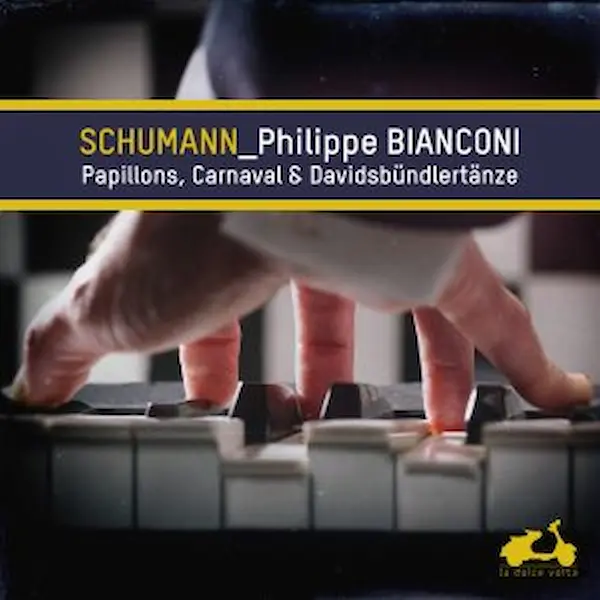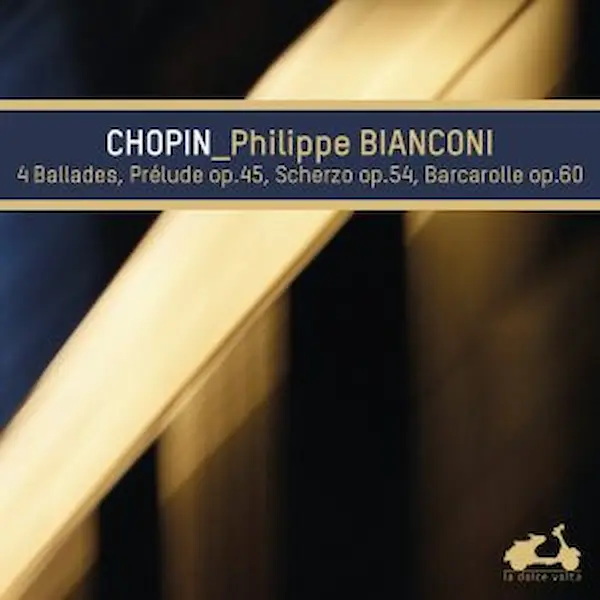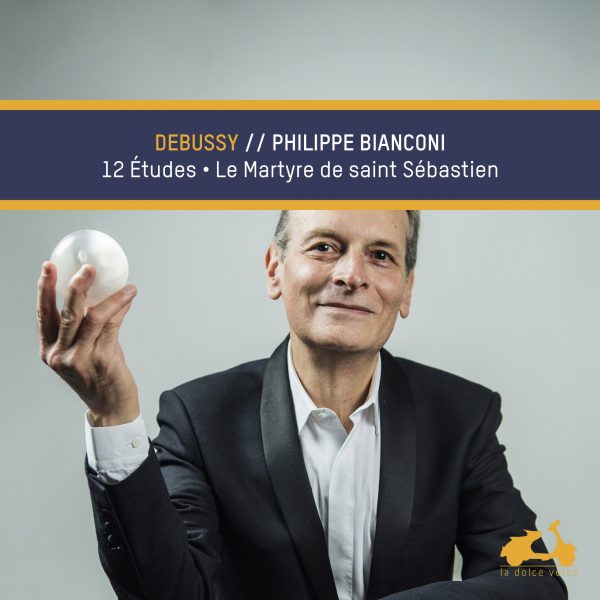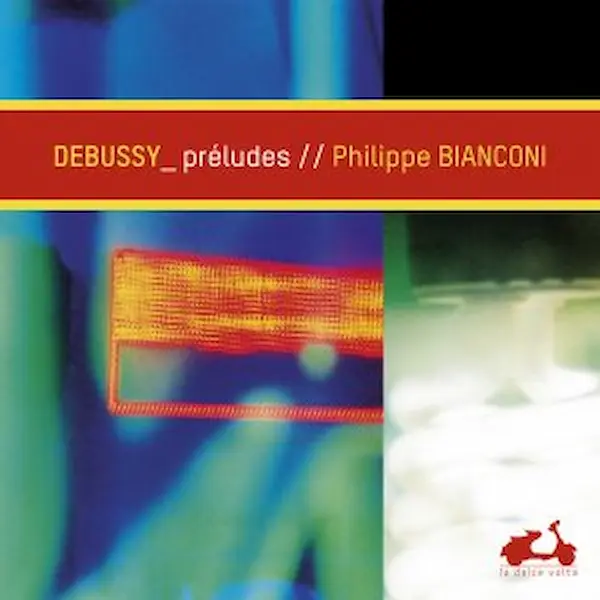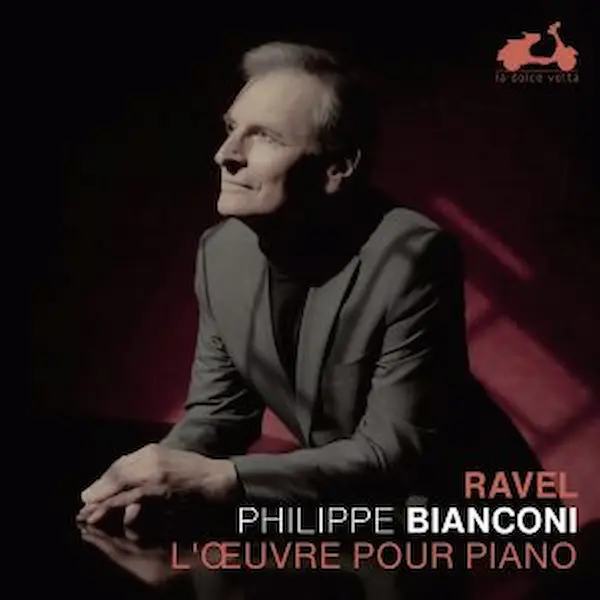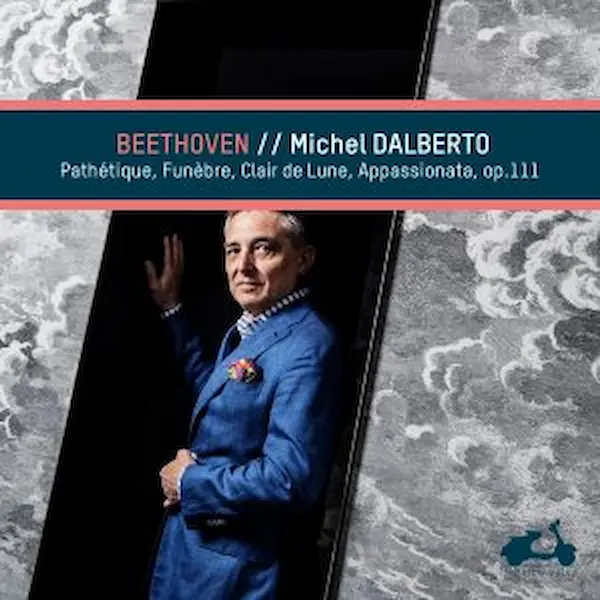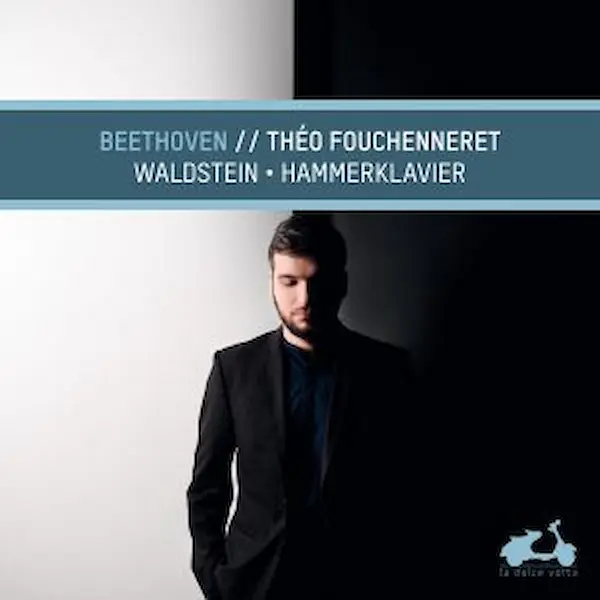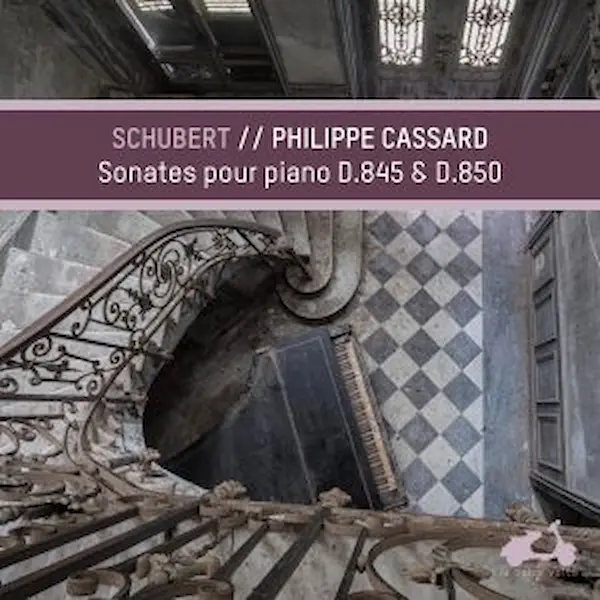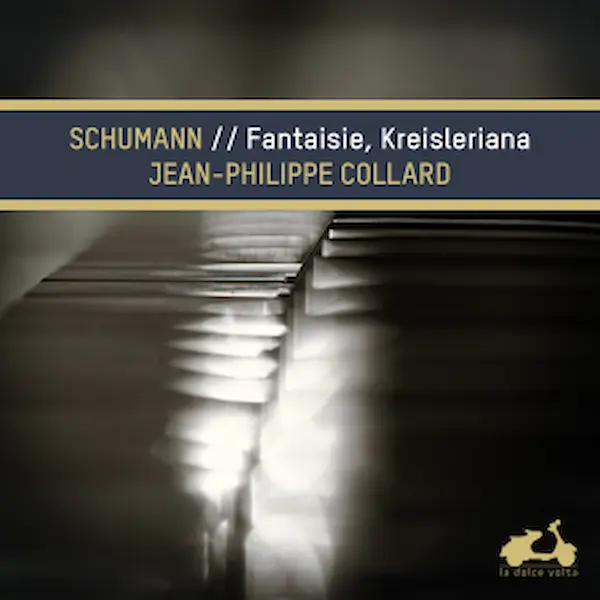Description
Papillons, Carnaval, Davidsbündlertänze: the coupling of these three compositions corresponds to a deep ‘inner necessity’ in the French pianist. After magnificent incursions into Debussy and Chopin, he returns to Schumann, a composer particularly close to his heart. This programme matured in concert centres on the theme of doubles and masks and illuminates with exceptional poetic perception the secret connections that exist between three scores of highly individual character.
A landmark in the discography.




